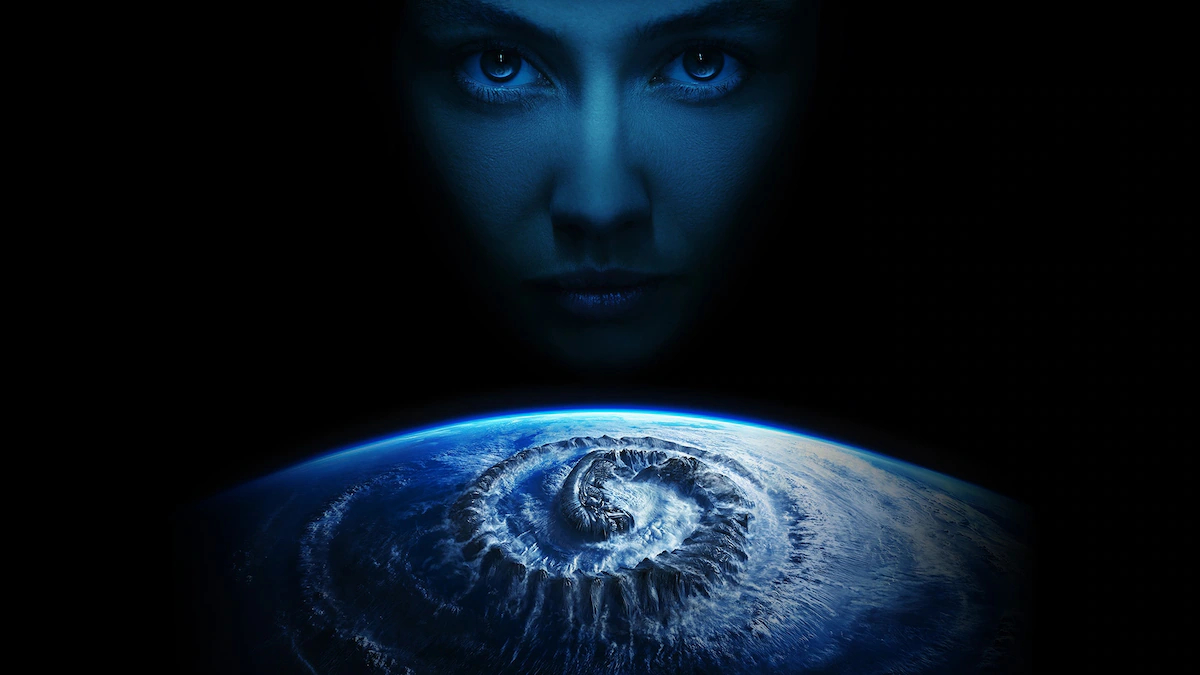
The Alien series, initially appearing straightforward with Ridley Scott’s 1979 film offering a tense encounter between humans and an alien monster in a dangerous setting, is actually more complex than it seems. Over time, as the franchise grew, it became evident that Scott had subtly infused the movie with profound science fiction questions, societal concerns about artificial intelligence versus humanity, corporate corruption, class struggle, and evolving genetic theories. Given his experience with delving into heavy themes in genre TV (Fargo and Legion on FX), it’s not surprising that Noah Hawley is willing to push the boundaries of storytelling and themes in Alien: Earth.
The story takes place in the year 2120, two years before the USS Nostromo encounters and retrieves the xenomorph species on LV-426. This is the first time we see Earth in the Alien series, a planet governed by three megacorporations and their wealthy leaders. As you might recall, the Weyland-Yutani corporation has been secretly searching the universe for dangerous lifeforms that can be genetically modified into bio-weapons for decades. The Weyland-Yutani ship, USS Maginot, is returning to Earth with its most hazardous specimens collected during this long voyage; due to unknown reasons, the ship is sabotaged, releasing the monsters and causing it to crash-land. Unfortunately for Weyland-Yutani, the crash site happens to be a skyscraper owned by rival megacorporation Prodigy, run by the youngest trillionaire ever, Boy Kavalier (Samuel Blenkin). Boy has been making significant progress in the quest for post-human evolution through his “Lost Boys,” a group of terminally ill children whose minds have been transferred into adult android bodies. However, upon discovering the contents of the Weyland-Yutani ship, Boy becomes fixated on the alien bio-weapons instead.
In a refreshing turn for television spinoffs of movie franchises, Alien: Earth manages to make its extended format work effectively. The show strikes a clever balance across its eight episodes, seamlessly moving from phases of character development and world-building into thrilling action-horror sequences that rival the original films. FX doesn’t skimp on production values; when necessary, the set pieces, costumes, creatures, and visual effects are cinematic, while other scenes use more affordable techniques like blue screen backgrounds to control costs. Essentially, Alien: Earth demonstrates that this franchise can thrive in a TV setting.

This drama features a diverse array of characters, with some truly outstanding performances. Sydney Chandler, daughter of Kyle Chandler, delivers a standout role as Wendy, convincingly portraying a young girl transitioning into an adult, displaying maturity beyond her years. Timothy Olyphant, known for shows like ‘Justified’ and ‘The Mandalorian’, shines as Kirsh, a wise synthetic leading the Lost Boys team. His unique portrayal of a machine man could easily be the focus of an entire series. Samuel Blenkin also impresses, skillfully balancing the character between an innocent child and a tech-savvy mogul with a chilling sociopathic side. Lastly, Babou Ceesay as Morrow, the cyborg security officer of the Maginot, adds another impressive performance to the list with his mission to retrieve lost assets from Weyland-Yutani. However, some other cast members (such as the Lost Boys, scientists, or Yutani herself) do not seem as vital to the story, occasionally slowing down the fast-paced narrative.
In essence, “Alien: Earth” offers an engaging, albeit somewhat dark and complex dive into the Alien universe. However, it’s not without its share of criticisms. The distinctive style of showrunner Noah Hawley, which some adore and others find challenging, is evident throughout the series. This includes dramatic camera movements, lengthy scenes of character introspection, and musical montages. Occasionally, the narrative veers unexpectedly, a risk that could potentially derail the series in less capable hands. As with most long-running TV shows based on films, there are moments where the pace slackens or subplots lack the same impact.
However, Hawley ensures that the focus remains primarily on the impending danger or the build-up to it. His knack for creating intriguing sci-fi scenes is evident, whether it’s the development of Wendy and the Lost Boys into advanced androids, or the decision to make the new alien creatures active characters with numerous scenes depicting their perspective. This adds an unusual yet chilling element to the series, even if paradoxically, it makes the xenomorphs the least intriguing monsters in the show.
The series also presents a healthy dose of mystery, leading to creative manipulation of the timeline and surprise twists in later episodes.
The two-episode debut of “Alien: Earth” promises fans enough compelling reasons to get hooked from the start, but it’s the intense, ominous plot (rather than the characters) that will keep viewers engaged throughout. Following the successful revival of the “Alien” franchise in cinemas with “Alien: Romulus”, “Alien: Earth” suggests that television is the missing piece to ensure the franchise thrives across all mediums (movies, TV shows, video games, and comics). Furthermore, this series is another testament to FX-Hulu’s growing reputation for delivering high-quality, prestige-level genre TV content (as demonstrated by “Shogun”).
Alien: Earth will stream its two-episode premiere on August 12th. You can stream it on FX-Hulu.
Read More
- Best Controller Settings for ARC Raiders
- Survivor’s Colby Donaldson Admits He Almost Backed Out of Season 50
- How to Get the Bloodfeather Set in Enshrouded
- Gold Rate Forecast
- How to Build a Waterfall in Enshrouded
- Meet the cast of Mighty Nein: Every Critical Role character explained
- Yakuza Kiwami 3 And Dark Ties Guide – How To Farm Training Points
- Best Werewolf Movies (October 2025)
- These Are the 10 Best Stephen King Movies of All Time
- 32 Kids Movies From The ’90s I Still Like Despite Being Kind Of Terrible
2025-08-05 18:43